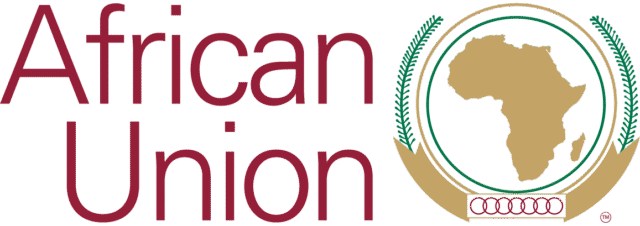
In a bold and timely move, the African Union has introduced a landmark strategy designed to unite member states in combating the escalating menace of synthetic drug production, trafficking, and associated transnational crime. The framework, known as the Gaborone Strategic Framework for Action, emerged from the Continental Consultation on Synthetic Drug Supply Reduction, held from August 25 to 27, 2025, in Gaborone, Botswana.
The three-day dialogue in Gaborone brought together experts, political leaders, and representatives from AU member states alongside international partners. Their shared goal: to map out a coordinated response to the sophisticated and rapidly evolving threats posed by synthetic drug networks. In his keynote address, President Duma Boko of Botswana offered a stark metaphor, likening the spread of synthetic substances across Africa to a “pandemic.” He warned of how well-resourced cartels undermine public health and national security, urging the urgent deployment of enhanced detection tools, robust intelligence-sharing, and stronger legal apparatuses to dismantle these criminal structures.
Out of these discussions emerged the Gaborone Strategic Framework—both a tangible outcome and a symbol of renewed continental solidarity. This strategic blueprint aligns directly with the AU’s aspirational Agenda 2063, which envisions an Africa that is prosperous, well-governed, and shielded from the vulnerabilities that drug trafficking exploits.
The Framework delineates key pillars for sustained action. It calls for the strengthening of legal systems and enforcement agencies across national borders, enhanced collaboration and intelligence-sharing among member states, bolstered public health programs and preventive campaigns, and inclusion of development-oriented approaches aimed at addressing the underlying causes that fuel illicit drug networks.
Echoing the historic commitment, Ambassador Amma Twum-Amoah, AU Commissioner for Health, Humanitarian Affairs and Social Development, affirmed that the framework represents far more than a policy document. It marks a collective pledge—a shared blueprint to empower member states in dismantling entrenched drug-trafficking networks and building safer communities continent-wide.
Scaling this ambition further, the African Union has pledged to work in close partnership with member states and external collaborators, notably the U.S. Department of State’s Bureau of International Narcotics and Law Enforcement Affairs, to roll out the framework with precision and momentum. This marks a turning point—ushering in a new era of targeted, cooperative engagement in Africa’s fight against synthetic drug-related organized crime.










